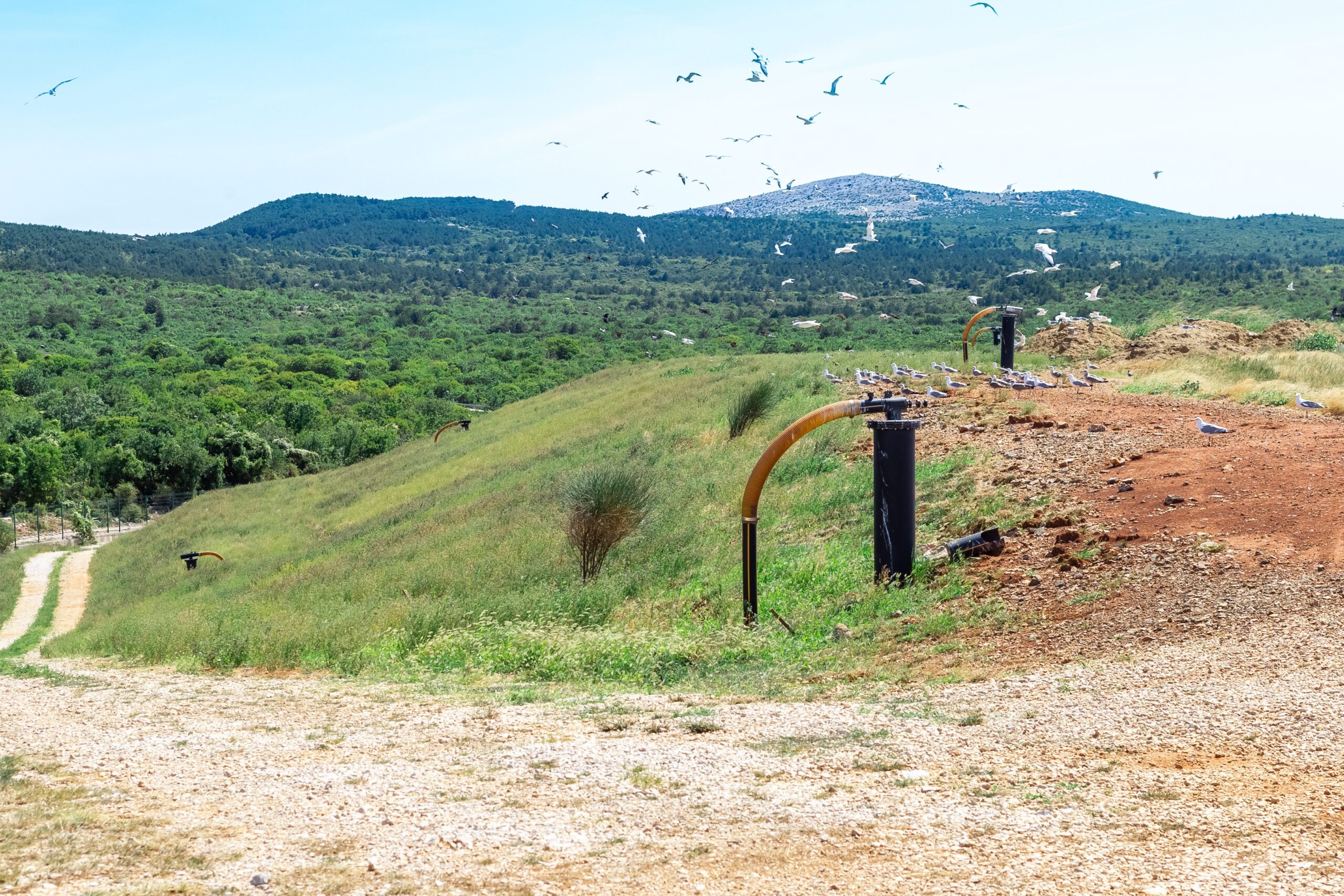EREF Gets Focused: Three Key Research Areas Identified
When the list of things to do overwhelms you, what do you do? Prioritize. When you send an email that requires immediate action, what do you do? Send it with high priority. When you need to make sure a USPS package arrives on time, with delivery confirmation, how do you send it? Priority. Prioritizing is essential to our personal and professional lives. It enables individuals and organizations to allocate their limited resources effectively by establishing a hierarchy of tasks, goals, and objectives. This not only allows for better management of routine responsibilities, but also fosters long-term growth and success.
The Environmental Research & Education Foundation (EREF), has decided to sharpen its focus on three key research priorities. The foundation has conducted and funded scientific research on a vast array of topics critical to resource management and sustainability. Together, the Board of Directors and Research Council have formalized three specific priorities for EREF’s immediate future:
- greenhouse gas (GHG) emissions and their impact on climate change
- emerging contaminants
- advancing materials circularity & recycling
EREF’s decision comes in response to the urgent need for innovative solutions and a deeper understanding of these pressing environmental challenges. The three selected areas represent some of the most significant issues affecting waste management and the environment today. The restructuring places EREF’s strategic direction at the intersection of sustainability and circularity.
The climate change impacts of greenhouse gas emissions are crucial concerns of environmental research and education. Quantification methods such as direct measurement, modeling, and data analysis play a significant role in understanding these emissions. A study initiated by EREF aims to evaluate accuracy of measurement technologies by releasing methane at a known rate. This ‘controlled release’ of methane will then be measured by multiple technologies deployed simultaneously. Such a strategy allows for absolute quantification of accuracy under identical site conditions, which serves to minimize the site and atmospheric fluctuations.
Emerging contaminants, such as PFAS, microplastics, pharmaceuticals, and radioactive materials, are a growing concern due to their potential impacts on landfill leachate disposal and treatment. The fate and transport of these contaminants, along with their environmental and health impacts, must be closely monitored and managed by waste facilities. To address this issue, EREF will gather data on best practices and effective management strategies. Further, the economic implications of managing emerging contaminants in waste materials need to be considered. It’s vital to evaluate current and proposed policies in relation to the existing state of practice, and to identify, quantify, and analyze the mass flows of waste streams containing emerging contaminants to better understand exposure pathways.
The third priority is advancing materials circularity and recycling, and several key areas are identified for evaluation and assessment. These include policies that impact waste management, such as Extended Producer Responsibility (EPR) and bottle bills, and understanding the trade-offs associated with circular priorities through Life Cycle Assessment (LCA). The barriers and benefits experienced across the value chain are examined, along with the impact of consumer behavior and education. In addition, specific waste streams such as organics, special, and non-MSW wastes are identified, quantified, and analyzed in terms of mass flows. Overall, the goal is to advance materials circularity and recycling through a comprehensive understanding of the issues and challenges involved.
EREF is well-suited to light the way towards a more circular economy by assembling a repository of scientific data that will enable researchers, policy advocates, producers, and business owners to make informed decisions on sustainability. The foundation will continue to collaborate with research partners, academic institutions, and government agencies to advance research, share knowledge, and promote the adoption of innovative resource management practices. The organization will also continue to provide educational resources, scholarships, and grants to support the next generation of environmental professionals.
By EREF Staff



